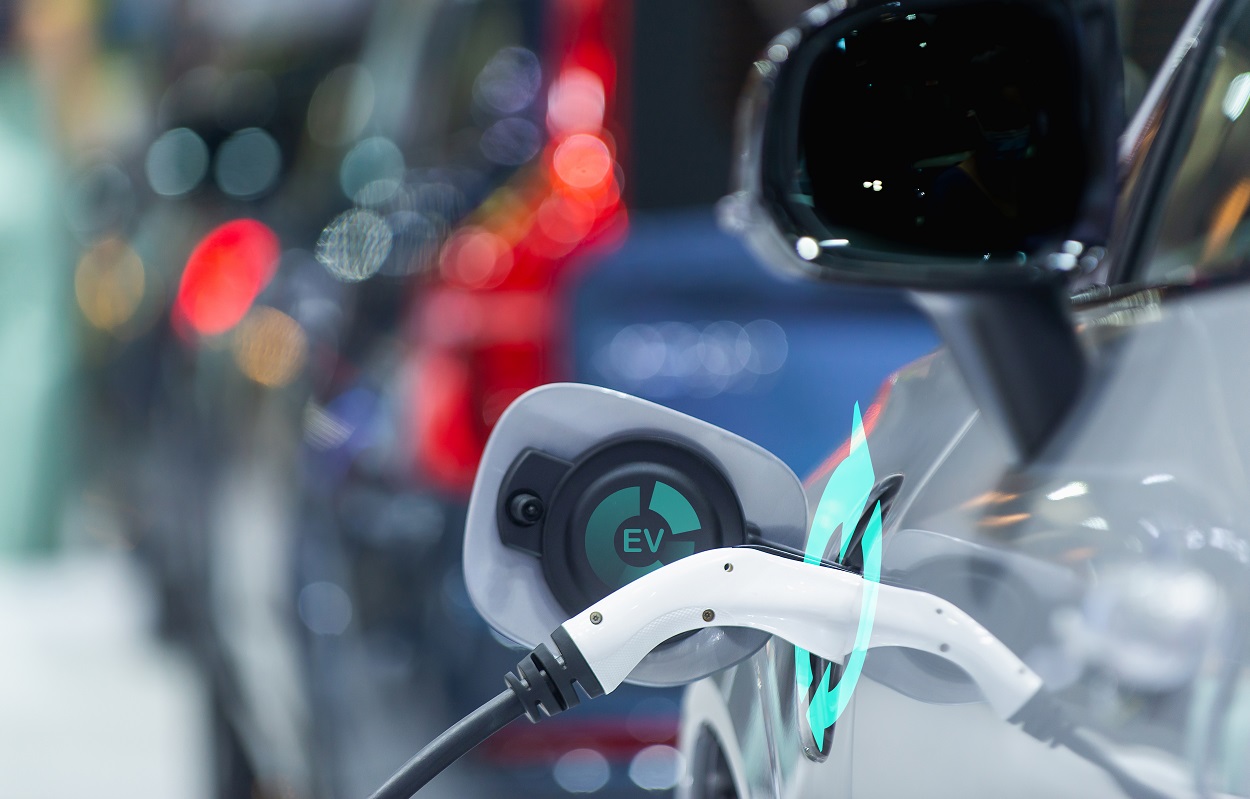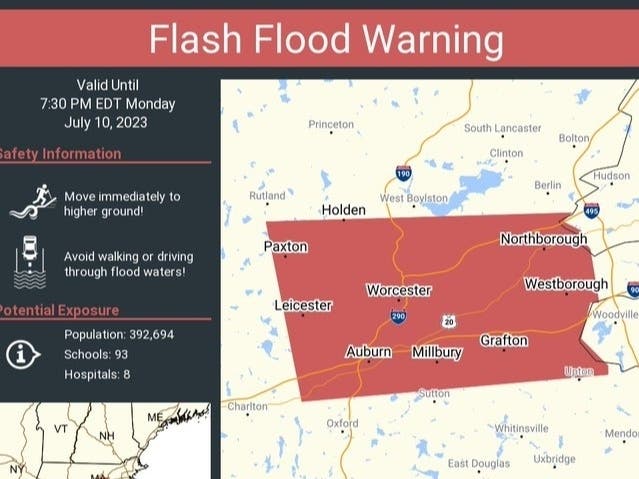Dealerships Intensify Opposition To Mandatory EV Sales

Table of Contents
Financial Concerns and Investment Challenges
The transition to an electric vehicle-centric market presents considerable financial hurdles for car dealerships. The high upfront costs associated with adapting their infrastructure pose a significant challenge, potentially jeopardizing the profitability of many businesses. These financial burdens stem from several key factors:
-
High Upfront Costs of Infrastructure Upgrades: Converting existing service bays to accommodate EV servicing and installing sufficient charging infrastructure represents a substantial investment. This includes purchasing specialized EV repair equipment, training technicians, and installing a network of charging stations capable of handling different EV models and charging speeds.
-
Insufficient Government Support and Incentives: Many dealerships report a lack of adequate government support and incentives to offset these significant infrastructure upgrade costs. The return on investment (ROI) for these upgrades remains uncertain, especially considering the relatively lower profit margins often associated with EV sales compared to internal combustion engine (ICE) vehicles.
-
EV Training Costs: Dealerships must invest in comprehensive training programs for their staff to acquire the necessary expertise in EV technology, maintenance, and repair. This represents a significant ongoing expense that adds to the overall financial burden.
-
Inventory Management Challenges: Managing EV inventory presents unique challenges. Longer lead times for EV orders compared to ICE vehicles, coupled with the potential for rapid technological obsolescence, increase inventory management risks and associated costs.
Infrastructure Limitations and Consumer Readiness
Beyond the financial concerns, dealerships are highlighting critical shortcomings in the current EV infrastructure and consumer readiness. These limitations act as significant barriers to widespread EV adoption and raise serious questions about the practicality of aggressive government mandates.
-
Insufficient Public Charging Infrastructure: The lack of a robust and reliable public charging network, particularly in rural areas, remains a major obstacle. Range anxiety – the fear of running out of charge – continues to deter many potential EV buyers.
-
Reliability and Speed of Public Charging Networks: Even in urban areas, the reliability and charging speeds of public charging stations are often inconsistent, further exacerbating range anxiety and consumer hesitancy.
-
Uneven Distribution of Charging Stations: The geographical distribution of charging stations is uneven, creating access disparities between urban and rural areas, and exacerbating concerns about range and convenience.
-
Lack of Consumer Education: Many consumers lack a thorough understanding of EV technology, charging processes, and the overall ownership experience. This lack of education contributes to hesitancy and slows down the adoption rate.
The Impact of Government Mandates on Dealership Viability
The rapid implementation of government mandates for mandatory EV sales creates a significant risk to the viability of many dealerships. The pressure to transition quickly, without adequate support, could lead to:
-
Dealership Closures: Many dealerships fear that the financial strain of upgrading infrastructure and adapting to the EV market will force them to close their doors.
-
Market Disruption and Reduced Profitability: The sudden shift to EVs could lead to significant market disruption, with dealerships struggling to adapt quickly enough to maintain profitability.
-
Concerns about Mandate Timelines: Dealerships are concerned that the timelines set by governments for mandatory EV adoption are unrealistic and do not allow sufficient time for a smooth and orderly transition.
Dealerships Propose Alternative Solutions
Rather than outright opposing the transition to electric vehicles, dealerships are actively proposing alternative solutions to address the challenges they face and ensure a smooth and successful transition. These proposals emphasize a more collaborative and pragmatic approach:
-
Phased Approach to Mandatory EV Sales: Dealerships advocate for a gradual and phased approach to achieving EV sales targets, allowing them sufficient time to adapt their infrastructure and operations.
-
Increased Government Incentives: Increased government incentives, for both consumers and dealerships, are crucial to facilitate the transition. These incentives should help offset the costs of infrastructure upgrades and consumer purchase prices.
-
Collaborative Efforts: Dealerships are calling for collaborative efforts between government agencies, manufacturers, and dealerships to improve charging infrastructure and address consumer concerns.
-
Consumer Education Campaigns: Investment in comprehensive consumer education campaigns is necessary to address range anxiety and build greater confidence in EV technology.
Conclusion
The intensifying opposition to mandatory EV sales from car dealerships underscores the significant challenges involved in achieving rapid electrification. Financial burdens, infrastructure limitations, and consumer readiness issues are all crucial factors driving this resistance. Dealerships are not fundamentally opposed to EV adoption; rather, they are advocating for a more realistic and collaborative approach that considers the practical and economic realities facing the industry. Finding a balance between ambitious climate goals and the economic viability of car dealerships is paramount. A constructive dialogue between government agencies and the automotive industry, acknowledging the concerns raised by dealerships regarding mandatory EV sales, is crucial for a successful transition to a sustainable transportation future. Understanding the perspectives of all stakeholders is vital in navigating this complex issue and ensuring a smooth path towards wider EV adoption.

Featured Posts
-
 Thierry Ardisson Et Laurent Baffie Retour Sur Leur Relation Conflictuelle
May 25, 2025
Thierry Ardisson Et Laurent Baffie Retour Sur Leur Relation Conflictuelle
May 25, 2025 -
 Sean Penn Challenges Dylan Farrows Account Of Abuse By Woody Allen
May 25, 2025
Sean Penn Challenges Dylan Farrows Account Of Abuse By Woody Allen
May 25, 2025 -
 Thierry Ardisson Ses Nuits Ses Anecdotes Et Ses 50 Invites
May 25, 2025
Thierry Ardisson Ses Nuits Ses Anecdotes Et Ses 50 Invites
May 25, 2025 -
 O Kuluebuen Basindaki Sorusturma Doert Oyuncu Goezaltinda
May 25, 2025
O Kuluebuen Basindaki Sorusturma Doert Oyuncu Goezaltinda
May 25, 2025 -
 Urgent Flash Flood Warning Issued For Hampshire And Worcester Thursday Night
May 25, 2025
Urgent Flash Flood Warning Issued For Hampshire And Worcester Thursday Night
May 25, 2025
